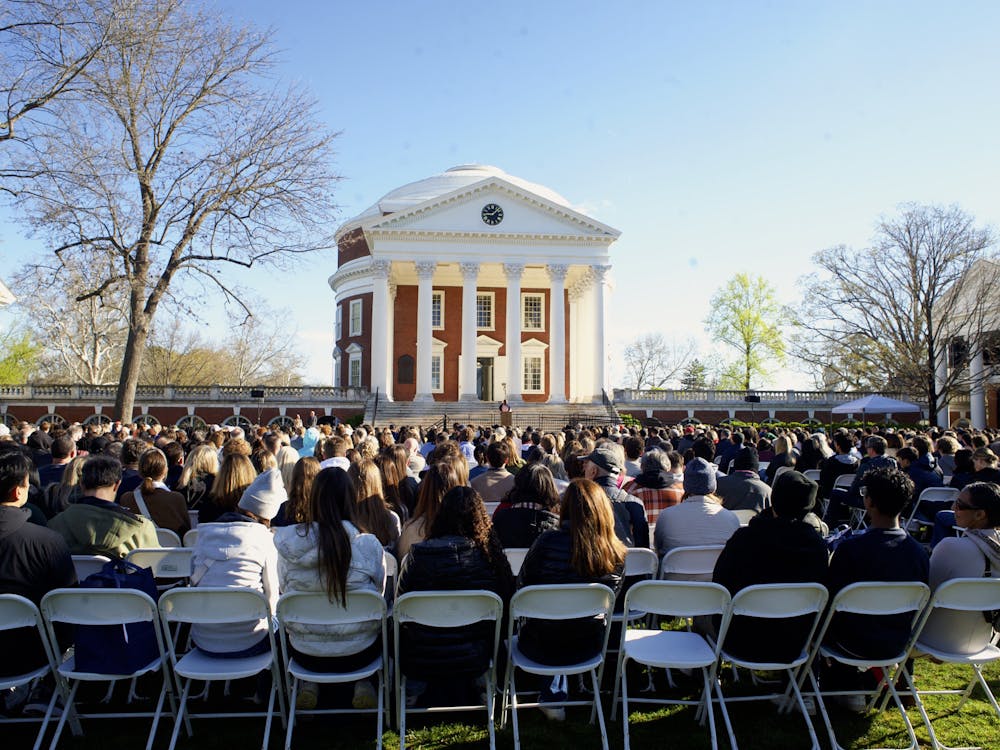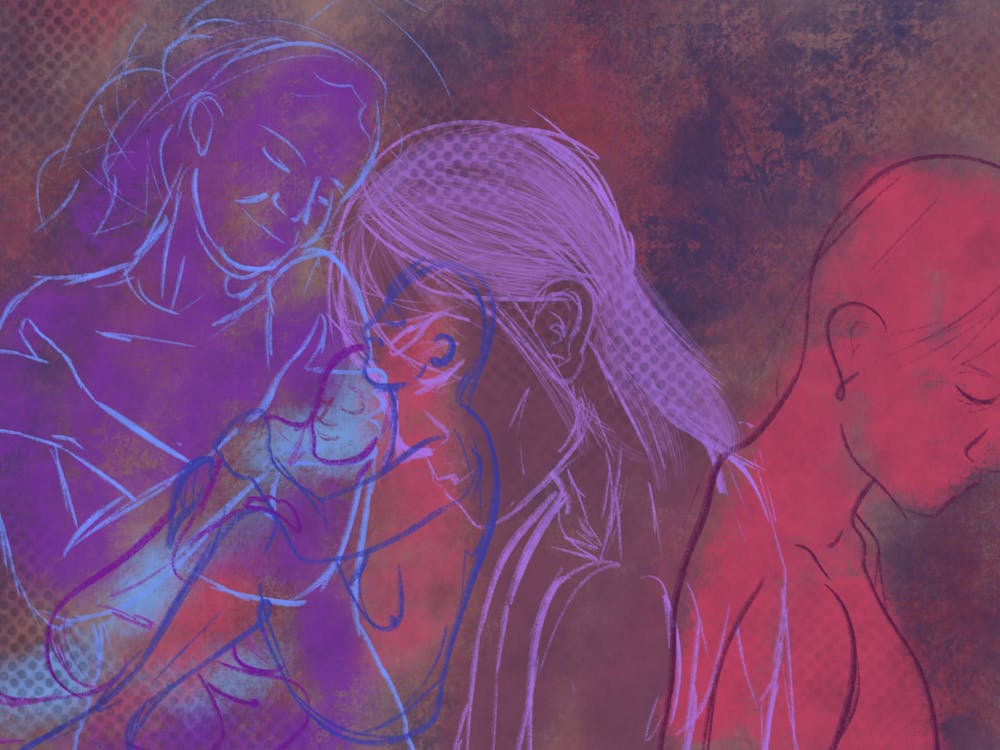I’d always thought that the truest sign of intellect was to understand references to renowned films or pieces of literature — to be able to bask in the glory of saying “I’ve seen that” or “I’ve read that” when faced with a literary allusion. After watching “Birdman” over spring break, I was convinced I’d finally reached this point of peak scholarship.
I loved every aspect of “Birdman,” from its dark humor to its brilliantly portrayed premise. But what I loved most was that I had thoroughly studied the short story upon which it was constructed — Raymond Carver’s “What We Talk About When We Talk About Love” — in an introductory fiction writing class.
It’s safe to say that this elicited a sense of validation in me. I couldn’t stop talking about “Birdman” because it felt so surreal to witness this real life manifestation of all of the discussions I’d had during Fiction Writing about Carver’s life and struggle.
“My ability to relate to this movie is the direct result of the University working its magic,” I thought. “My U.Va. education has exquisitely refined my tastes, and equipped me so that I may comment intelligently on cultural artifacts.”
Yet, a revisit to Carver’s “What We Talk About When We Talk About Love” made me question this concept of intelligence. I dug out my plastic spiral-bound Fiction Writing anthology from the hollows of my bookshelf and flipped through its annotated pages before delving into the story, which ended up being a nostalgic and intoxicating experience — not exactly what I had been expecting.
I found that if someone were to ask me to recommend to them some quality reading material, Raymond Carver would certainly not be the first author to pop into my head. To be frank, Carver, although renowned, is painfully boring and an absolute nightmare to have to tear through.
In fact, I’d go as far as to say nearly every piece of fiction I’ve read in places such as the New Yorker has induced tears with its flatness of character and lack of plot. And isn’t writing in those publications generally regarded as artful, or otherwise “good?”
I wonder, if “good” literature reads to me like an invitation to tear the hair out of my scalp, why should my being well-read affect how intelligent I perceive myself to be?
Thus, I’ve concluded there does not have to be a correlation between interests and intellect. Though there may be works of art that establish a standard of cultural precedent, I feel I shouldn’t judge people based on their knowledge of what we’ve come to herald as cult classic. Because ultimately, who’s to say a work is superior just because it is identified as such by others?
Vega’s column runs biweekly Tuesdays. She can be reached at v.bharadwaj@cavalierdaily.com.





